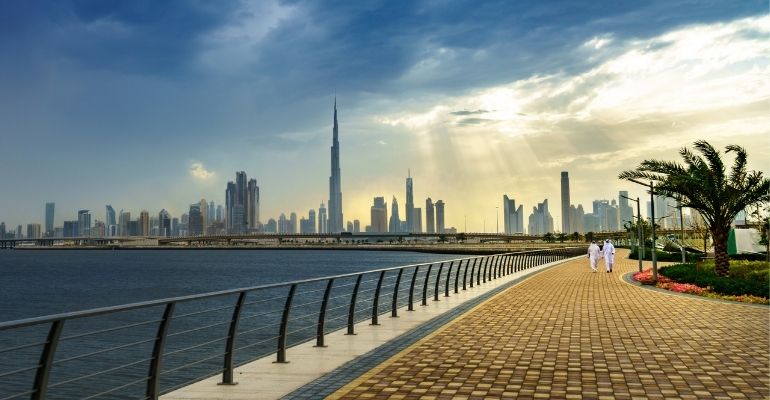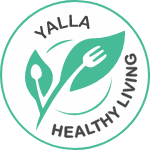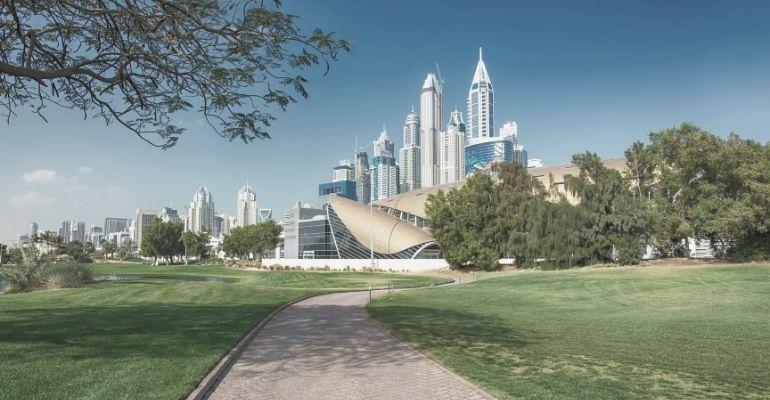Cities in the MENA region have a major impact on the environment, producing enormous amounts of greenhouse gases. To win the fight against climate change, cities need to become greener, healthier and more efficient
Here are six ways cities in the Middle East are doing just that:
1. UTILISING KINETIC ENERGY
Abu Dhabi Airport is one of a few locations around the world utilising a kinetic-energy system that captures the energy produced by pedestrians. An energy harvesting walkway between two of the airport’s terminals generates clean power with no impact on the environment. This technology could one day appear throughout cities.POPULAR
2. REDUCING CAR USE
Many cities inside and outside the MENA region are reliant on cars. Projects like Dubai’s high-tech Sustainable City seek to change this by banning cars from most neighbourhoods and relying instead of electric, driverless cars to ferry passengers to and from their workplace.
3. RELYING ON GREEN ENERGY
Abu Dhabi’s Masdar City is an example of a city totally reliant on clean energy. The city is entirely powered by solar and renewable energy, using a 22-hectare field of 87,777 solar panels and utilising efficient rapid transport. It is also a hub for clean technology companies.
4. CREATING WALKABLE CITIES
In its revolutionary Neom project, Saudi Arabia aims to create the city of the future. This innovative new city will be built around pedestrians, relying on 100% clean energy, enabled by modern tech, and integrated with nature. Cars will be totally prohibited, and everything an inhabitant needs to work and live will be just a five-minute walk away from their home.

5. FARMING INDOORS AND UPWARDS
To meet the region’s food needs in a more sustainable way, many cities are turning to vertical farming. MENA’s first vertical urban farm opened in Kuwait in August 2020, producing high-quality and sustainable crops indoors. It uses 90 percent less water than traditional farming, 60 percent less fertilizer, and zero pesticides.
6. EMBRACING LEED CERTIFICATION
LEED certification is an internationally recognised standard for sustainable building practices. Qatar has made it the cornerstone of its eco-friendly “Downtown Doha” project, featuring shaded streets, solar panels and LEED-certified buildings that demonstrate its environmental credentials. Other cities should follow suit!










